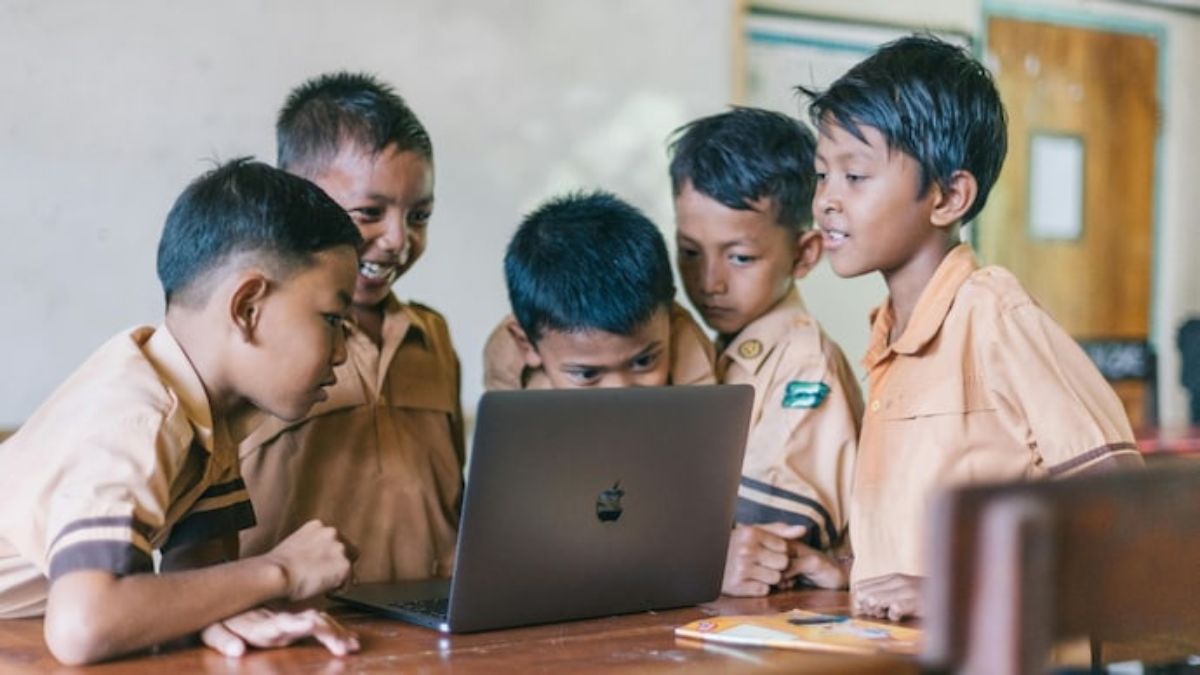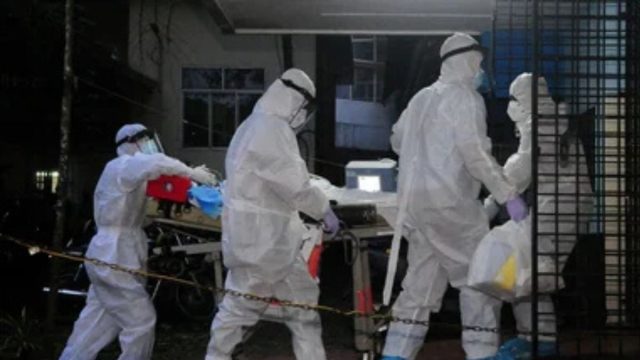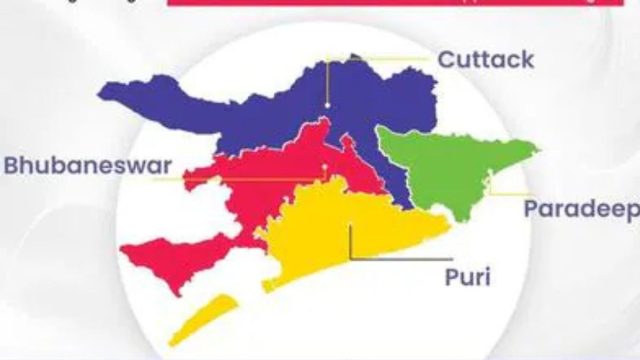On Thursday, the Union education ministry declared that, beginning with the 2026–2027 school year, artificial intelligence (AI) will be taught in the classroom starting in Class 3. According to a senior official in the ministry’s Department of School Education and Literacy (DoSEL), the main goal of introducing artificial intelligence (AI) at the foundational level, starting in Class 3, is to inform kids that “there is something called AI” and how it is already being used in daily life.
Using a consultative process, DoSEL is assisting states and Union Territories (UTs), as well as organizations like the Central Board of Secondary Education (CBSE), National Council of Educational Research and Training (NCERT), Kendriya Vidyalaya Sangathan (KVS), and Navodaya Vidyalaya Samiti (NVS), in creating an inclusive and meaningful curriculum that falls within the broad parameters of the National Curriculum Framework for School Education (NCF-SE) 2023.
On Wednesday, the department convened a stakeholder consultation, which included external experts as well as expert bodies such as CBSE, NCERT, KVS, and NVS. To create the AI and Computational Thinking (CT) curriculum, CBSE established an expert team led by Professor Karthik Raman of the Indian Institute of Technology (IIT) Madras.
The ministry estimates that by December, all resource materials, manuals, and internet resources will be finished. The concepts of learning, thinking, and teaching will be strengthened by AI and CT, which will progressively advance to the idea of AI for the general welfare. Since the technology will be naturally incorporated from the foundational stage, starting in Grade 3, this effort represents a small but important step towards the ethical application of AI to difficult problems, the ministry said in a statement.
The primary goal will be to raise awareness of artificial intelligence and its effects on society at large. Students will progressively acquire similar concepts as they advance through the grades, and by Classes 11 and 12, they will be studying them as electives, according to the DoSEL official. Concerns over kids using AI chatbots are becoming more prevalent, which is why the effort was launched. The parents of a 16-year-old Californian who committed suicide in April 2025 have filed a wrongful death lawsuit against ChatGPT’s creator, OpenAI, claiming that the chatbot “coached” and failed to safeguard the 16-year-old.
In response, OpenAI unveiled a series of additional oversight and safety features in September that are specifically aimed at teen users and users who are experiencing difficulties. It is impossible to stop technology. The official stated, “We will create a curriculum that includes ethical considerations regarding AI.”
While applauding the move, educators and experts have emphasized the need for teacher training on the usage of AI in the classroom. The action is a “remarkable step toward preparing students for a tech-driven world,” according to Akshal Agarwal, co-founder of NatureNurture, a curriculum publishing company that works with more than 300 schools throughout India.
Since many schools still lack digital infrastructure, he continued, “the real challenge lies in implementation,” even though the concept is progressive. The program might “build a generation that is not just digitally aware but also responsible and innovative,” he said, if properly implemented.




